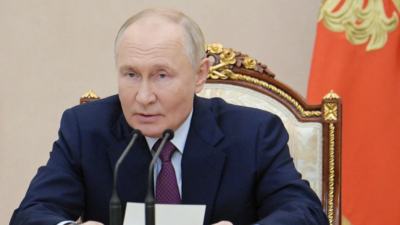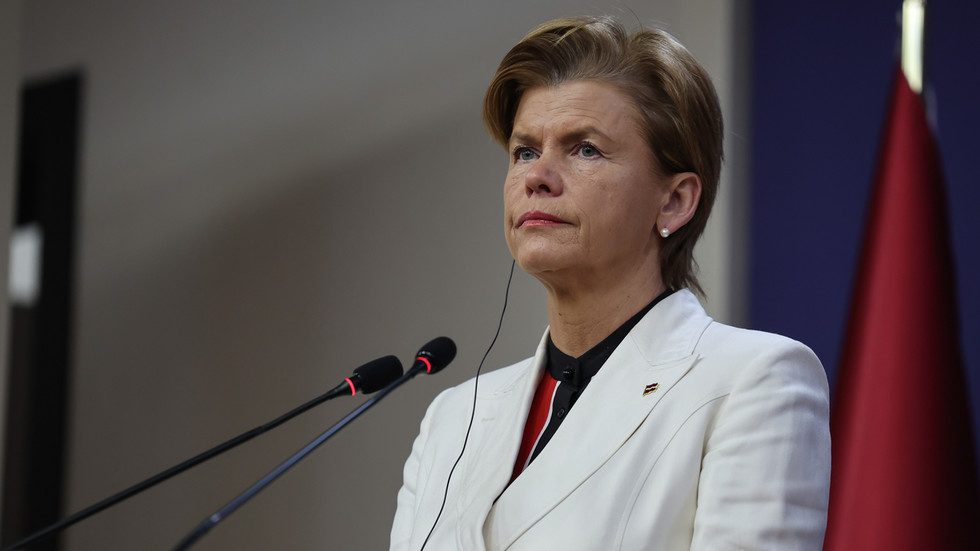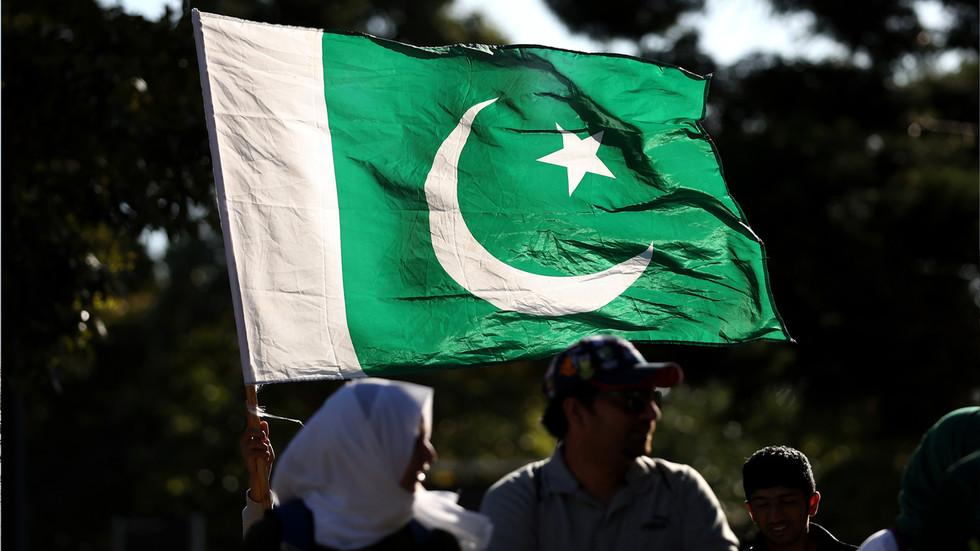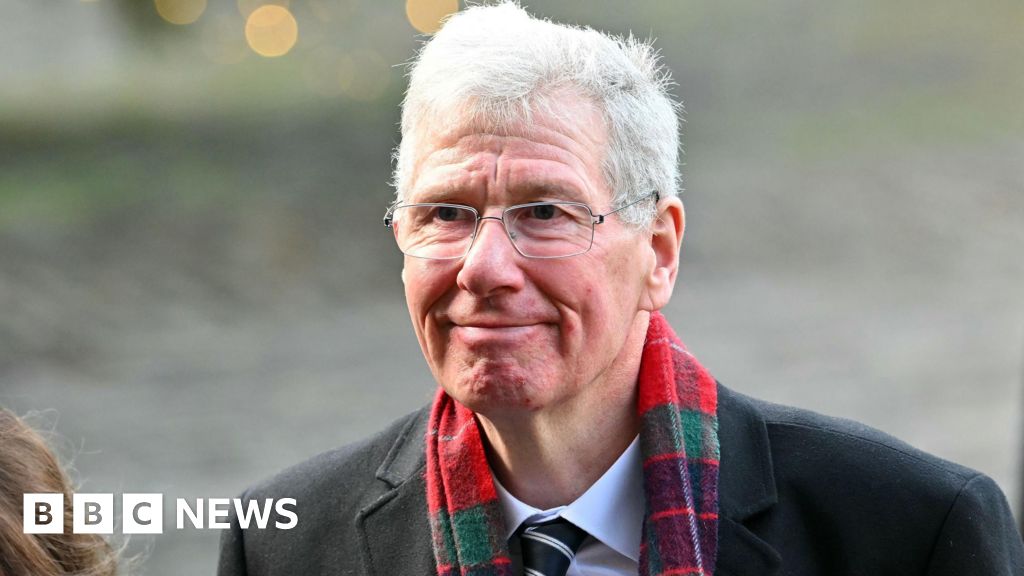
The
Kremlin
on Thursday issued a stark warning to
Western nations
, announcing that Moscow's updated
nuclear doctrine
will allow the use of
nuclear weapons
against non-nuclear states under certain conditions.
The move is seen as a direct message to countries supporting
Ukraine
in its ongoing war with
Russia
.
"It must be considered a specific signal. A signal that warns these countries of the consequences if they participate in an attack on our country by various means, not necessarily nuclear," Kremlin spokesperson Dmitry Peskov told reporters on Thursday.
The revised doctrine expands the list of military threats that could justify the use of nuclear weapons and broadens the scope of deterrence to include more states and military alliances.
According to the Kremlin, the updated policy is outlined in two key documents.
In a meeting with senior officials on Wednesday, Russian President Vladimir Putin confirmed that the amendments to the nuclear doctrine have already been formulated. He highlighted that these changes clarify the conditions under which Russia would resort to nuclear weapons.
"What I would especially like to draw your attention to, is that in the updated version of the document, aggression against Russia by any non-nuclear state, but with the participation or support of a nuclear state, is proposed to be considered as their joint attack on the Russian Federation," Putin said.
The timing of the announcement is crucial as Western allies, particularly the US and UK, debate whether to authorise Ukraine to use long-range weaponry against targets within Russian territory.
Putin’s comments appear to be a direct response to these discussions, underscoring Russia's readiness to treat any attack by a non-nuclear state, if backed by a nuclear-armed nation, as a joint assault on Russia.
The Kremlin has not yet made a decision on whether to release the amended nuclear doctrine to the public. However, the new policy marks a clear escalation in Russia's stance on nuclear deterrence as the war in Ukraine continues.

 2 months ago
24
2 months ago
24








